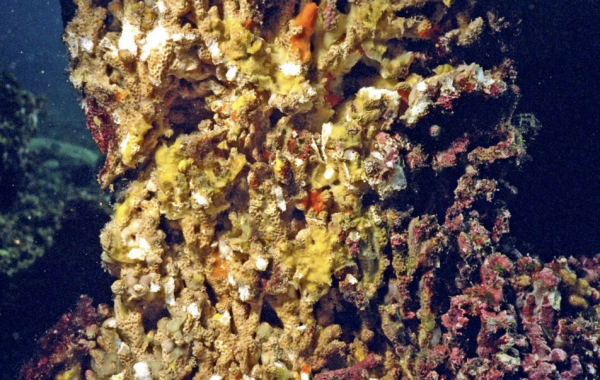Some corals in the eastern Pacific are adapting to a warmer world by hosting more heat-tolerant algae, according to new research that offers hope for the world’s embattled reefs.
The UN Intergovernmental Panel on Climate Change projects that at just 2 degrees C of warming, 99 percent of corals would be lost. However, the new study “shows that there are some unusual reefs that may be able to survive for several decades as a result of their ability to shuffle symbionts,” Andrew Baker, a marine biologist at the University of Miami and coauthor of the research, said in a statement.
“While we don’t think that most reefs will be able to survive in this way, it does suggest that vestiges of our current reefs may persist for longer than we previously thought, although potentially with many fewer species,” Baker said.
Read more at: Yale Environment 360
The Uva Island Reef near the Pacific Coast of Panama. (Photo Credit: C.M. EAKIN AND T.B. SMITH)


